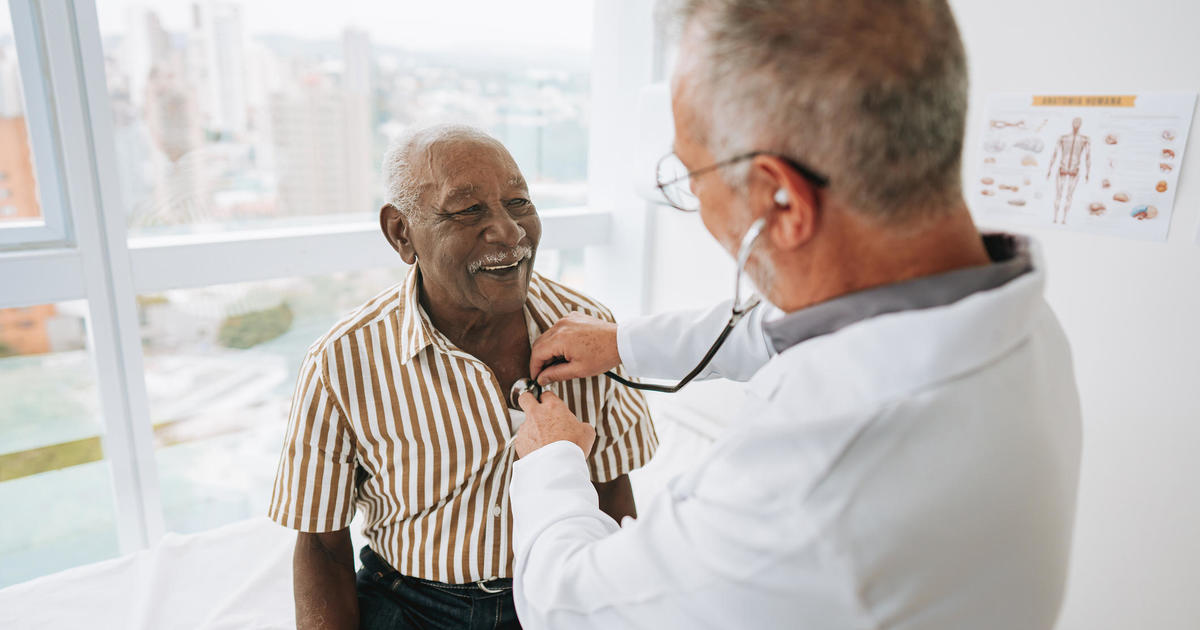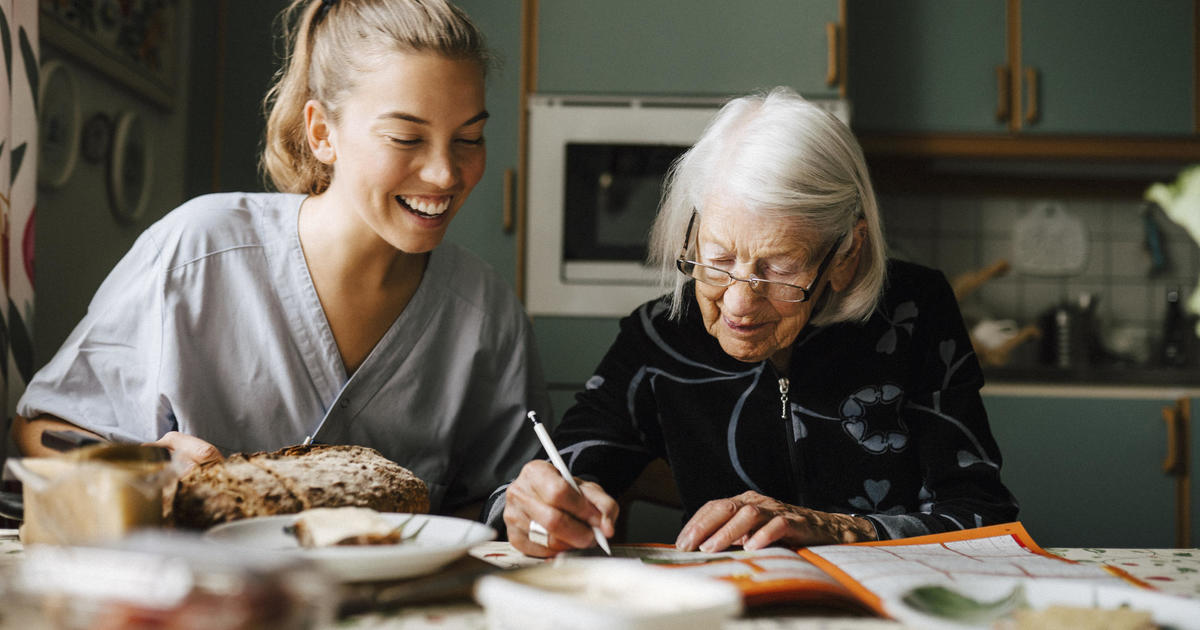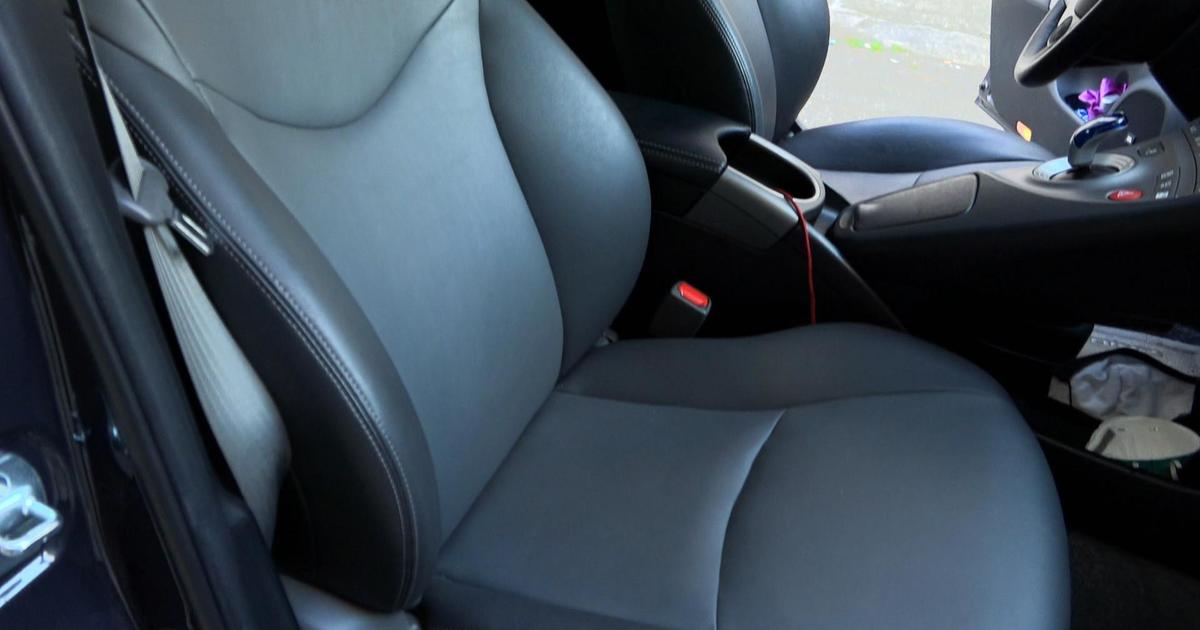Man with double insurance still owes nearly $150,000 in medical bills after bike crash
"CBS This Morning" is examining unexpected medical costs as part of our continuing "Bill of the Month" series, in partnership with Kaiser Health News and NPR.
We can all learn some lessons about health care from a former professional athlete who had a serious accident and ended up in intensive care. Cyclist Phil Gaimon was left on the hook for about $150,000 in medical bills — even though he had both primary and secondary health insurance.
In 2019, Gaimon was racing in an Olympic qualifying race when he collided with another cyclist. He was thrown from his bike at about 40 miles an hour, breaking seven bones.
Gaimon was rushed unconscious to a nearby ER, at Lehigh Valley Hospital in Allentown, Pennsylvania.
"So when I woke up, it was excruciating pain," Gaimon said. "I'd broken all the ribs on my right side, my collarbone, and ... my scapula, my shoulder blade."
Gaimon received collarbone surgery at Lehigh Valley Hospital and a second surgery on his shoulder bone at the Hospital for Special Surgery in New York.
"Both of the surgeries were completely necessary," Gaimon said. "I was just in tremendous pain all around."
He made a quick recovery at home, but then the bills came.
They totaled over $200,000 from both hospitals. His two insurances paid a total of only $52,000 — leaving him on the hook for about $150,000.
He realized Lehigh Valley Hospital was out of network. And his shoulder surgery was classified as an "elective" procedure instead of an "emergency" — which could have saved him money.
"They hit you with the bills when you're literally least capable of handling anything," Gaimon said. "I get a stack of bills every month. I get collection notices every day."
Dr. Elizabeth Rosenthal, editor-in-chief of Kaiser Health News, told "CBS This Morning" about the situation. "Hospital billing is filled with landmines. And Phil hit three of them — out-of-network hospitals, high costs, and here's the biggy in his case — insurance from one state often doesn't work very well in another."
Rosenthal said Gaimon got hit with something called balance-billing, a type of surprise bill.
"You go to a hospital that's out of network and, according to all the surprise billing laws that many states have, you're only supposed to be charged in an emergency what you would have been charged at an in-network hospital," Rosenthal said. "So Phil's insurer, which was California-based, paid what it considered a reasonable rate ... Both hospitals wanted far more, and they balance-billed Phil for the difference. If he'd been in California, which has a good surprise-billing law, that would have been illegal. But because he was in Pennsylvania and New York and insurance is state-regulated, they could do it."
"So there are some things you can do," Rosenthal said. "Of course, Phil was unconscious, so, you know, you're not in a place to be a savvy health care consumer. But if you are still awake, you can ask to go to a hospital that's in-network when they ask you to sign those forms that say I'll pay for anything my insurance doesn't cover, you can add in as long as it's in my network. And you have a choice if an ambulance comes to pick you up and you don't think you need an ambulance, you can say I'm not getting in."
Gaimon has spent months calling and writing letters to his primary insurance, Health Net, to persuade them to cover more of the bills, but he has been unsuccessful.
Health Net said that they are committed to providing high-quality care with a large choice of in-network providers and that members should contact them for assistance.
"This could happen to anybody at any time — where you can just wake up in a hospital and then later find out you owe them $150,000," Gaimon said. "I wish I knew that getting health insurance was still, essentially, a gamble."
Lehigh Valley Health Network told Kaiser Health News that they have no record of Gaimon trying to contact them about financial assistance and that they would be happy to discuss a mutual resolution of his outstanding balance.
The Hospital for Special Surgery said they reached out to Gaimon to help resolve the dispute about the surgery classification and will continue to advocate on his behalf.



